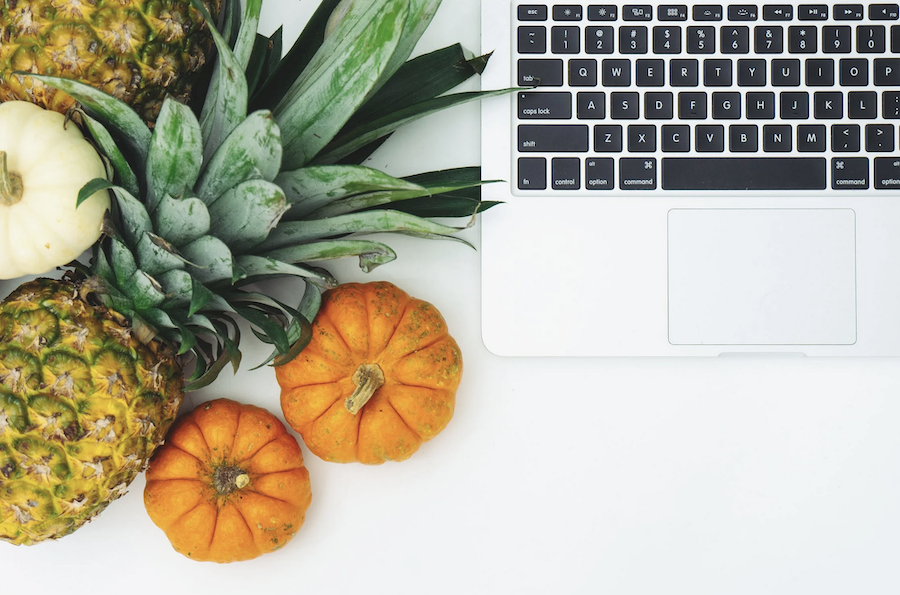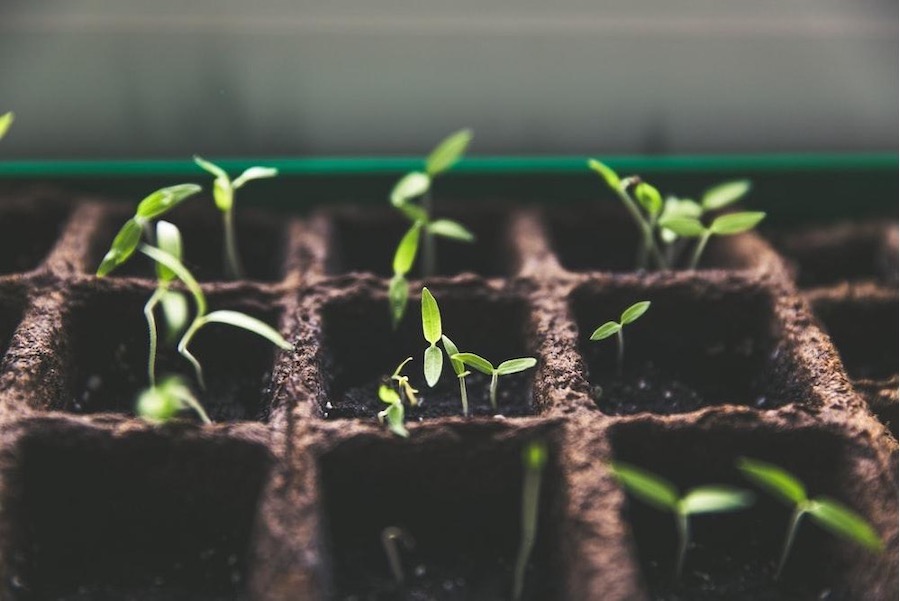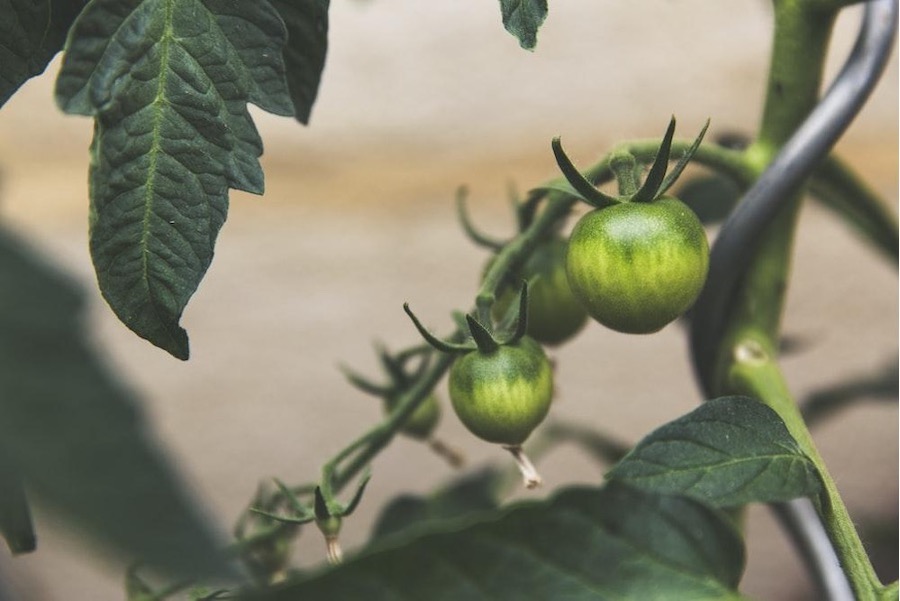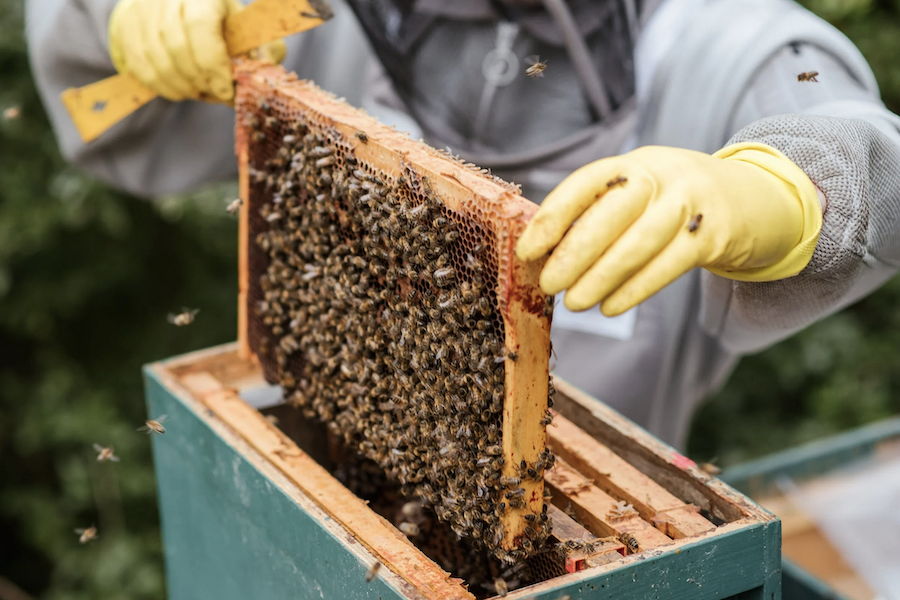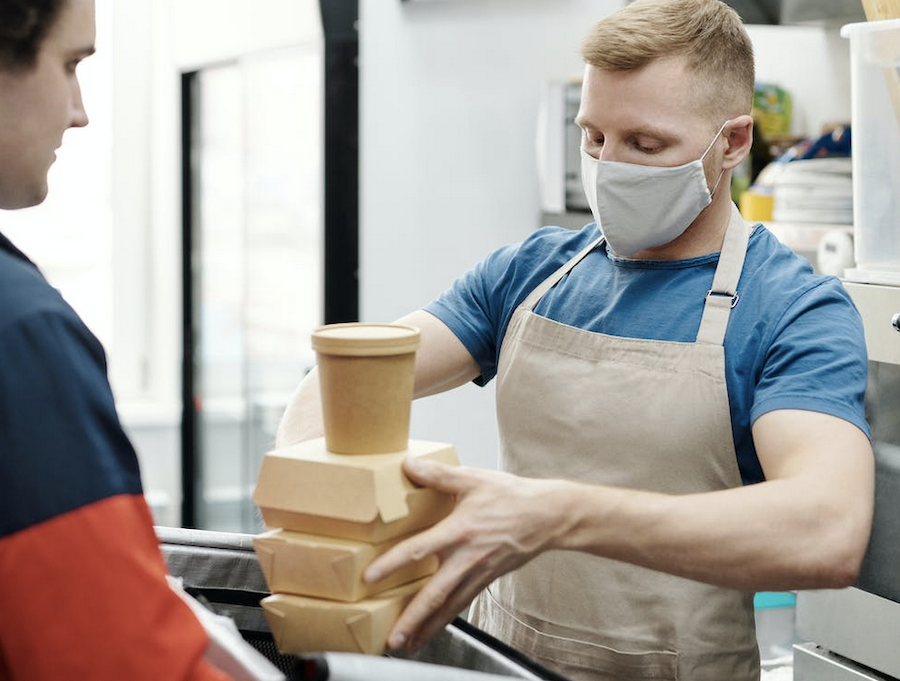Food Technology – How Technology Is Revolutionizing the Food Industry
How food technology works and how it's affecting what we eat.
Food Technology – How Technology Is Revolutionizing the Food Industry
We live in a world where technological advancements permeate every aspect of our lives, and food technology is no exception. So, it is no surprise that even the food industry is experiencing a revolution like never before.
From farm to fork, technology is leaving its indelible mark, reshaping how we produce, distribute, and consume our meals.
Whether it’s the rise of automated farming, cutting-edge food delivery services, or mind-boggling innovations in food preparation, technology is at the forefront, propelling the food industry into uncharted territories.
This article examines how technology and food intersect; exploring the myriad ways this powerful duo reshapes our culinary landscape.
We delve into how technology revolutionizes the food industry, leading us into a delectable and awe-inspiring future.
1. Precision agriculture
2. Vertical farming
3. Food safety and quality
4. Robotics and automation
5. Food delivery and online platforms
6. Personalized nutrition
1. Precision agriculture
Today, technology is changing how farmers till fields through sensors, drones, and satellite imagery.
The technology captures every detail and reveal hidden insights of the food production, helping farmers to make informed decisions based on real-time data.
For example, the sensors detect the slightest changes in soil moisture, temperature, and nutrient levels. They alarm when stressors arise and allow farmers to intervene from an informed point of view.
Drones capture high-resolution images, mapping every inch of the landscape.
They highlight crop vitality and reveal potential challenges.
Satellites monitor vast swathes of land in a short time, providing a panoramic view that helps farmers to make data-driven decisions.
This amalgamation of technology and sustainable farming practices reduce waste as every resource is optimized precisely.
The data-driven insights guide farmers toward bountiful harvests to crops like soy. The indiscriminate use of pesticides and fertilizers allows a more nuanced approach. Check out global soy supply chain.
2. Vertical farming
Vertical farming can defy space limitations in a bustling cityscape with concrete and steel reaching for the sky.
Picture rows of greenery in artificial light with roots dangling in a nutrient-rich solution without needing soil.
Vertical farming offers efficiency and sustainability. Stacking plants in towering structures maximizes space, turning every inch into a thriving ecosystem.
The benefits of this urban farming revolution extend far beyond the boundaries of space.
As plants flourish in these controlled environments, they reduce transportation woes.
Fruits and vegetables will travel short distances to get to the city and retain freshness.
The method conserves resources as water is used sparingly and recycled endlessly while the need for vast expanses of fields diminishes.
It’s a dance of sustainability, where every drop and every patch of soil is cherished and utilized with the utmost care.
This urban oasis removes the “out of season,” and fresh produce becomes a year-round delight.
3. Food safety and quality
Technology weaves transparency in this modern era of interconnectedness, making it easy to know the secrets hidden within the meals.
Blockchain, Internet of Things (IoT) sensors, and RFID tags bring us closer to the origins of food and ensure that every bite is safe and trustworthy.
At the heart of this technological ensemble, blockchain captures the essence of each food product, revealing the farm where the seed was sown, the hands that nurtured it, and the path it took to reach the market.
The IoT sensors in the food system monitor the conditions that govern the food’s well-being.
They measure temperature, humidity, and even the faintest freshness, ensuring food remains safe from spoilage and contamination.
RFID tags add the final flourish, unlocking the origin, suppliers, and distributors.
The technology peers into the soul of our food, knowing that it has traversed the path of safety and quality.
4. Robotics and automation
Robots are revolutionizing every stage of food production, from the fields to the factories.
In this automation, robots weave their magic across every stage of the food production journey.
They perform the repetitive tasks that once burdened human hands, ensuring that every seed is sown, every harvest is reaped, and every ingredient is transformed with care.
Robotic hands in the fields selectively choose just the ripest fruits and veggies using sensors to explore the vast lands.
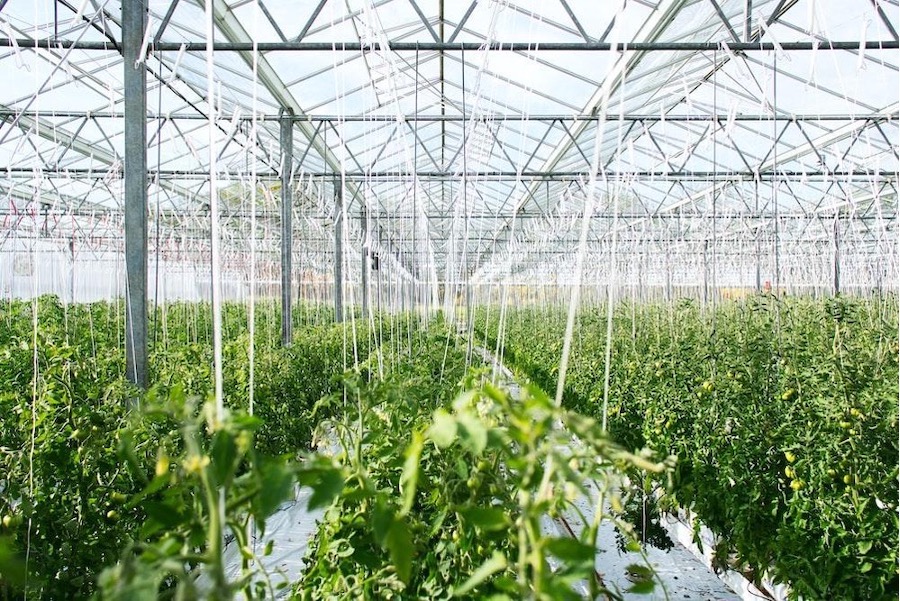 Source: https://weed.review/
Source: https://weed.review/
When food is processed, industries can use robots to transform ingredients into exciting culinary by slicing, dicing, and blending components, ensuring each one goes where it belongs.
Their efforts improve the consistency and uniformity of food production.
But these robots provide more than simply effectiveness and accuracy.
They protect food purity and integrity by preventing contamination and reducing the possibility of human mistakes.
5. Food delivery and online platforms
The digital revolution has changed how we satisfy our needs.
Thanks to online meal delivery platforms and smartphone apps, you won’t have to sift through menus or stand in line at packed eateries.
The digital menus include attractive visuals and detailed descriptions. Every meal comes with a variety of flavours.
When you use online platforms, trained kitchen chefs prepare the cuisine based on your order.
They create recipes with skill and affection, balancing tastes and combining ingredients. While you wait, they rapidly deliver your meal packaged in recycled materials.
In this digital era of convenience and possibility, online food delivery platforms and mobile apps bridge the gap between hunger and satisfaction, offering a seamless experience that brings the world of cuisine to our fingertips.
6. Personalized nutrition
With abundant data, a new personalized nutrition era is revolutionizing how people approach their health and well-being.
Nutritionists harness the data to tailor nutrition plans, analyzing your health profile, from your genetic makeup to your daily habits and dietary preferences.
They determine your unique biology, uncovering the metabolism, nutrient deficiencies, and dietary needs.
This knowledge helps create a personalized nutrition plan tailored to your goals and dietary requirements.
Whether you aim to shed a few pounds, build lean muscle, or optimize your well-being, technology can help know the nutrients your body craves, the vitamins it yearns for, and the perfect balance of macronutrients to fuel your ambitions.
Instead of generic, one-size-fits-all nutrition advice, it embraces individuality and crafts nutrition plans that honor diversity.
With your personalized nutrition plan, you nourish your body, fuel your dreams, and unlock your true potential.
This digital companion tracks your progress, adjusts your plan, and provides insightful feedback and recommendations.
It is a constant source of support, helping you navigate the complexities of your health journey.
Bottom line
The food industry is at the forefront of a technological revolution, reshaping how we produce, consume, and savour our meals. Look around, and you’ll witness the remarkable impact that technology has already made.
But what lies ahead is even more tantalizing—a world where every bite is an exquisite fusion of efficiency, sustainability, and personalization.
Imagine a future where robots harvest crops, vertical farming feed communities with fresh greens year-round, and drones monitor crops while delivering supplies quickly.
Technology guides farmers towards eco-friendly practices that minimize waste and conserve resources.
Every aspect of food production contributes to a greener future, from precision irrigation systems to smart fertilization techniques.
Technology also facilitates personalized experiences, tailoring our diets to meet our unique needs.
